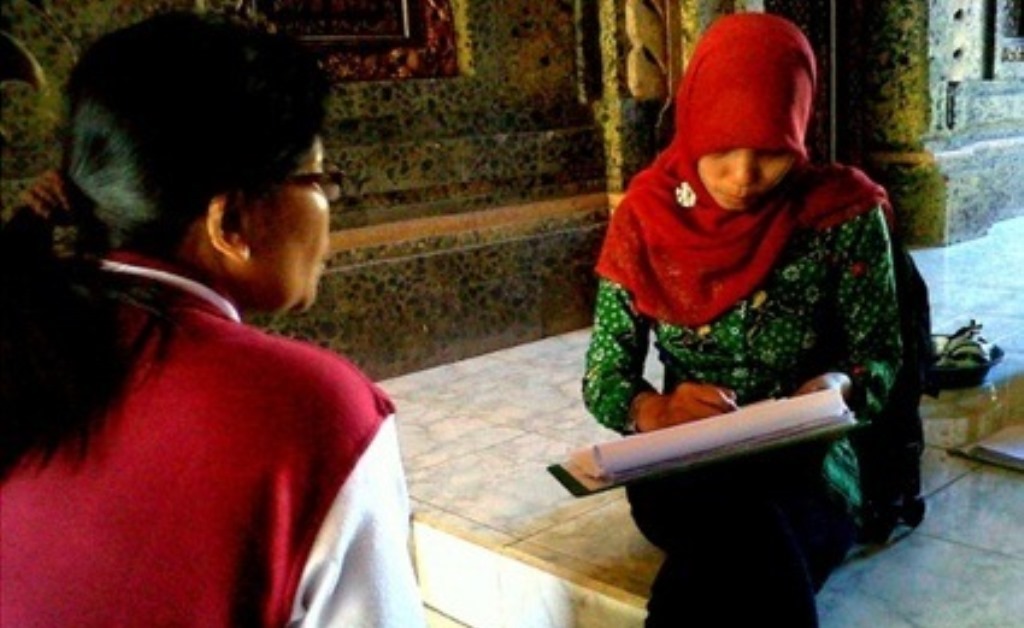Mental Illness Issue Inventory Study (Mini EST Bali) 2013
Thursday, 12/09/2013SurveyMETER

SurveyMETER conducted a Mini EST Bali Study from July to August 2013. It was a panel study of the Economic and Social Transition in Bali (EST-Bali) Survey last conducted in 2005 and supported by the AusAID Knowledge Sector through The Asia Foundation.
Mini EST Bali only focuses on mental health issues: the steps prior to and after a mental disorder exists, the handling and treatment of the mental disorder, as well as matters issues relating to treating the mental disorder. Therefore, a study was also conducted for the Inventory of Mental Health Problems (IMH) associated with the Bali Bombings in 2002-2005 carried out in collaboration with the Suryani Institute for Mental Health Bali.
It aims to collect data to determine the social and economic impact of the bombings that occurred in Bali in October 2002 and to identify the consequences arising from these incidents, especially in relation to the mental health of the residents who perceived the impact of them. The data from this study would also be utilized as an initial picture for future research that leads to government goals, especially to the Ministry of Health regarding the program toward a 2014 shackle-free Indonesia.
As is known, mental health disorders are issues that greatly affect the productivity and quality both of individual and community health that is impossibly handled by one particular sector and may not achieve the desired impacts if they aren't complemented with multi-sectoral cooperation. The study results are expected to provide an overview and equip hope for people with mental disorders to feel a normal life and be beneficial to family and community. It looks at the mental and psychological health conditions of the households and household members sampled prior to the bombing and after the bombing so it may be believed that the changes that occurred after the bombing was the impact of the bombing and neither does due to distinctions in the characteristics of respondents as a result of divergent samples.
It revisited 565 respondents of the EST Bali from 2002 to 2005 spread over 39 villages in 14 sub-districts located in 4 districts of Bali Province, namely the districts of Karangasem, Gianyar, Badung, and Klungkung. According to the field study coordinator, Arief Gunawan, of the target 565 households known that 475 households were interviewed, 67 moved, 4 joined, 9 deceased, and 10 refused. (JF)